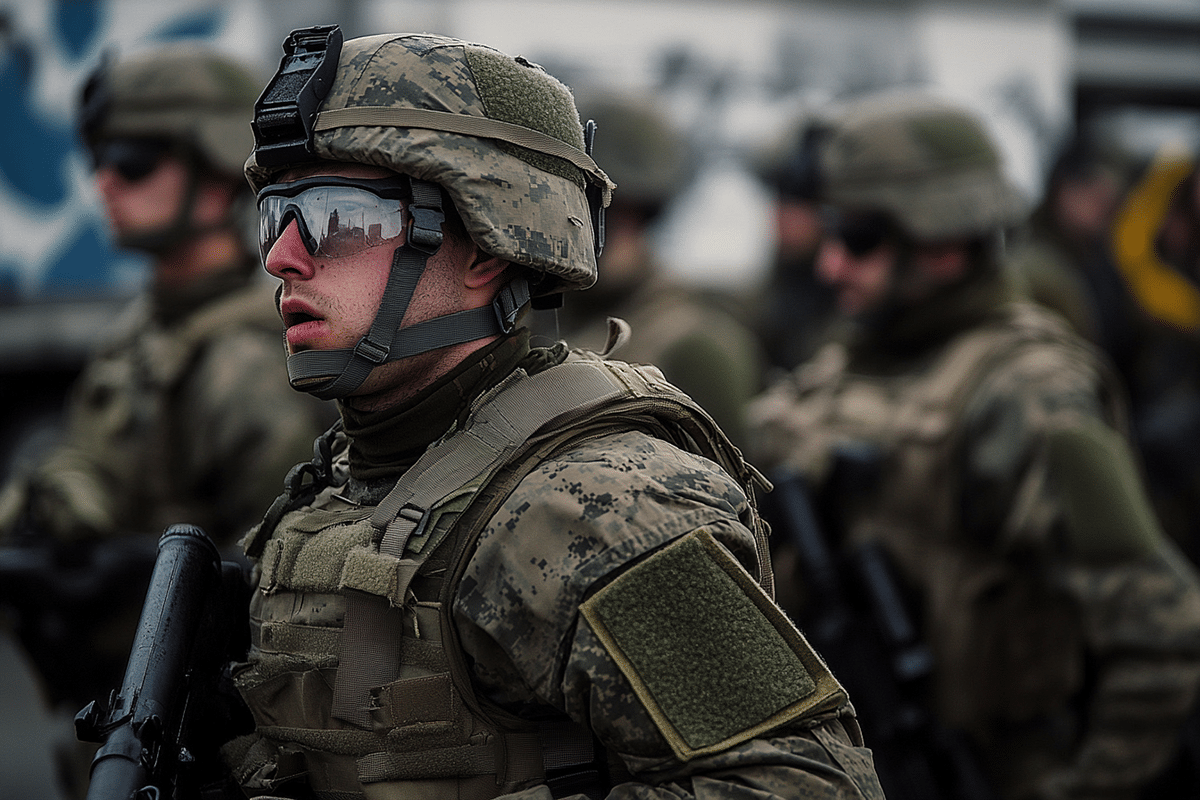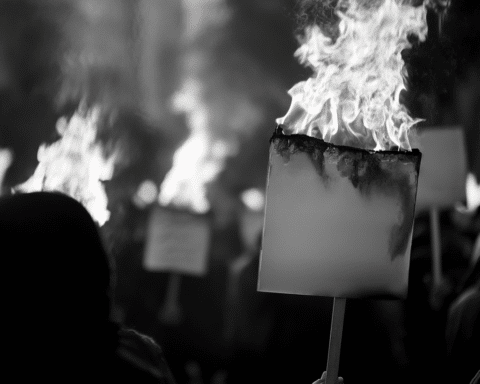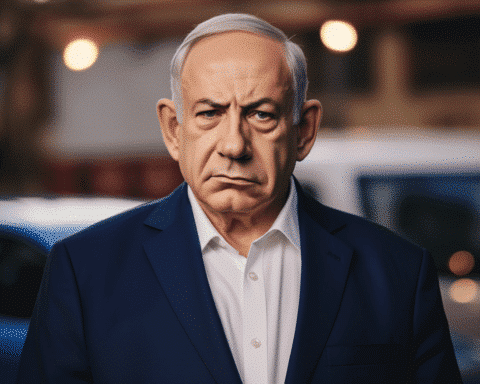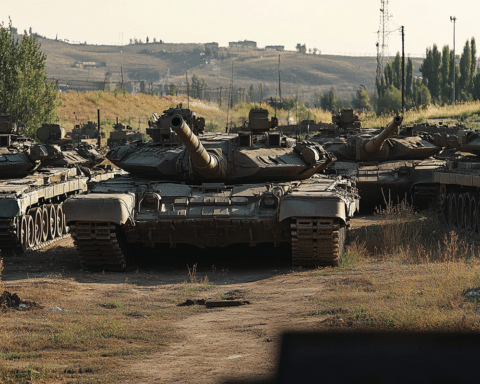Israeli forces are actively engaged in battles with Hezbollah militants inside Lebanon, intensifying a conflict that shows no signs of abating. Following limited ground operations, the clashes mark a dangerous escalation in the region as tensions continue to grow. This latest military push comes in response to a missile attack from Iran, increasing fears that the conflict could draw in more regional powers and evolve into a full-scale war.
Escalation in Gaza and Lebanon
While Israeli forces clashed with Hezbollah near the Lebanese border, the situation in Gaza remains dire. Israel has continued its nearly year-long offensive in Gaza, targeting what it describes as militant strongholds. Recent operations in the city of Khan Younis led to the deaths of at least 51 people, including women and children, according to local medical officials. The toll on civilians has been catastrophic as Israeli airstrikes and ground assaults leave entire neighborhoods in ruins.
In southern Lebanon, the Israeli military launched an incursion into Hezbollah-controlled territory. Ground forces, backed by airstrikes, engaged Hezbollah militants in close-quarters combat. The operation marks a significant development in the conflict, with Israeli tank and infantry units reported to be active along the southern border. The Lebanese army confirmed that Israeli forces briefly advanced 400 meters across the border before retreating.
The Israeli government has warned residents of nearly 50 villages and towns north of the Awali River in Lebanon to evacuate, as the military seeks to neutralize Hezbollah’s ability to launch further attacks. Many of these villages are located well beyond a U.N.-declared buffer zone established after the 2006 war between Israel and Hezbollah, indicating the scale of the conflict. Over 1,000 people in Lebanon, including women and children, have been killed by Israeli strikes over the past two weeks.
Growing Regional Involvement
The conflict has drawn in broader regional actors, most notably Iran, which supports both Hezbollah and Hamas. Iran recently retaliated against Israel by launching 180 missiles in response to the assassination of key figures within its ranks, as well as the deaths of Hezbollah and Hamas leaders in Israeli airstrikes. While Israel managed to intercept many of these missiles, some landed in central and southern Israel, causing injuries and destruction. One missile struck the Israeli-occupied West Bank, killing a Palestinian worker who had been stranded since the conflict began.
Israel’s response to Iran’s missile attack was swift and direct. Prime Minister Benjamin Netanyahu vowed that Iran would face consequences for its actions, signaling that further retaliatory strikes could follow. The United States has thrown its full support behind Israel, with President Joe Biden stating that his administration is considering appropriate responses to the Iranian missile barrage. The involvement of the U.S. raises the stakes, increasing the likelihood of a broader international conflict if the situation continues to deteriorate.
Strained Relations with the U.N.
Amid the escalation, Israel has taken a hard stance against the United Nations. In a rare move, Israeli officials declared U.N. Secretary-General António Guterres persona non grata, barring him from entering the country. This action came after Israel accused the U.N. of failing to condemn Iran’s missile attacks strongly enough. The fallout underscores the deepening rift between Israel and the international community, as calls for a ceasefire have been repeatedly ignored.
In Gaza, Israeli forces continue to pursue Hamas militants, with the conflict now in its eleventh month since Hamas launched its initial attack in October of last year. Thousands of Palestinians, many of them civilians, have died in Israeli retaliatory strikes. Israel’s military claims to have killed over 17,000 militants, although these numbers remain unverified. Palestinian health officials report that more than half of the 41,000 Palestinians killed in the conflict were women and children.
Looking Ahead
As Israeli ground and air operations expand in both Gaza and Lebanon, the possibility of a broader Middle Eastern war looms large. Hezbollah has vowed to continue launching rockets into Israel until there is a ceasefire in Gaza, while Israel remains determined to neutralize the militant threat from both Gaza and Lebanon. With hundreds of thousands of people displaced and civilian casualties mounting, the humanitarian toll continues to grow.
The situation remains fluid as international powers closely watch the developments, hoping to prevent a further escalation that could draw in Iran, the U.S., and other regional actors. For now, the Middle East sits on the edge, with the potential for wider conflict threatening to destabilize the region.




